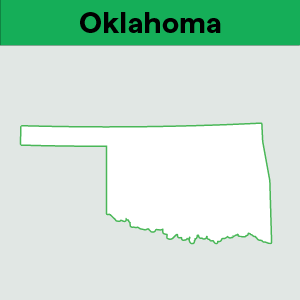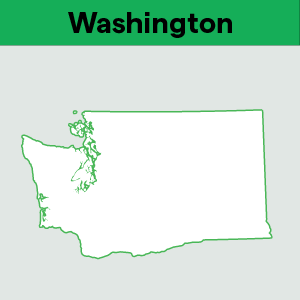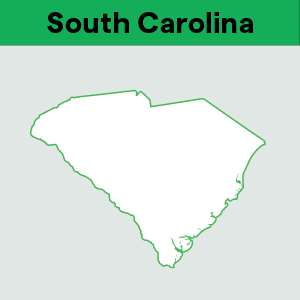Are prom dresses, tuxedos and wedding gowns taxable?
by January 19, 2025
When spring rolls around, clothing sellers know that means customers will be shopping for everything from prom dresses to wedding gowns.
Clothing is taxed differently than other taxable items in some states. For example, clothing priced at less than $110 is tax exempt in New York, and almost all clothing is tax exempt in Pennsylvania. But, to complicate matters for clothing sellers, sometimes formal wear isn’t considered tax exempt, even when everyday wear is. This guide will help you determine whether or not the formal wear you are selling is taxable.
Need more info about clothing taxability? Check out “Which States Require Sales Tax on Clothing?”
Is formal clothing taxable in my state?
The following is a list of the states that tax clothing differently than other products (or don’t tax clothing at all.) We’ll dive in to look into how each of these states treats formal wear in particular:
Massachusetts
Clothing is tax exempt, but the exemption is limited to the first $175 of the sale price of an item of clothing or footwear. This rule also applies to formal wear. The first $175 of a formal wear purchase is tax exempt in Massachusetts, but the remainder of the price is taxable.
Click here for our detailed explanation of Massachusetts clothing taxability and how you can easily handle it in your online store with the TaxJar API.
Minnesota
Clothing is tax exempt, but accessories, most protective equipment, sports and recreational clothing, and fur clothing are taxable.
Tax exempt items include bridal apparel, tuxedos, and “formal apparel.”
New Jersey
Clothing, including formal wear and wedding apparel, is tax exempt in New Jersey. You can see a full list of the clothing that is considered taxable and tax exempt in New Jersey here (p. 20).
But fur clothing, clothing accessories or equipment, sport or recreational equipment, or protective equipment are taxable. Protective equipment is only exempt when purchased for the daily work of the user and worn as part of a work uniform or work clothing.
New York
In New York, all clothing is tax exempt, as long as that clothing or footwear is priced at less than $110 per item or pair. Clothing and footwear costing $110 or more per item or pair are taxable. Formal wear in New York follows the same rules – if it costs less than $110 it’s non-taxable, but if it costs $110 or more it’s taxable. You can see a list of taxable and non-taxable clothing and accessories in New York here.
But be warned that some local areas in New York still consider clothing taxable. Click here for our detailed explanation of New York clothing taxability and how you can easily handle it in your online store with the TaxJar API.
Pennsylvania
Most clothing is tax exempt, but accessories, fur clothing, sports-related clothing, and ornamental and formal clothing are taxable.
So while Pennsylvania is a great place to go on a shopping spree for jeans and shoes, you may want to go somewhere else to buy your formal wear if you wish to avoid paying sales tax.
Rhode Island
Clothing – including formal wear – is tax exempt, but accessories, protective clothing and athletic clothing are taxable. Effective October 1, 2012, exemption only applies to first $250 of sales price per item of clothing. (Meaning only the amount above $250 is subject to sales tax.)
The first $250 of formal wear and wedding apparel are both specifically tax exempt in Rhode Island.
Vermont
Clothing – including formal wear – is tax exempt, but clothing accessories or equipment, protective equipment, and sports clothing/equipment are taxable.
Formal wear and wedding apparel are both specifically tax exempt in Vermont.
Other States
All clothing is the generally always taxable in the states not mentioned above, with a few exceptions for non-profits and necessary protective clothing and gear. You can read about clothing taxability in each state here.
Connecticut sellers, keep in mind that if you sell high end clothing or footwear priced at over $1,000 per item it is not only taxable, but subject to the 7.75% Connecticut “luxury goods tax” rather than the 6.35% sales tax.
Clothing rental taxability
Many people walking down the aisle choose to rent tuxedos, but with the popularity of companies like Rent the Runway, more and more U.S. shoppers are choosing to rent their formal wear. Most states consider formal wear rental to be a taxable service, though we recommend checking with your state’s taxing authority for exceptions.
More resources
- Is Clothing Taxable?
- The Massachusetts Clothing Sales Tax Explained
- The New York Clothing Sales Tax Explained
Ready to automate sales tax? To learn more about TaxJar and get started, visit TaxJar.com/how-it-works.








